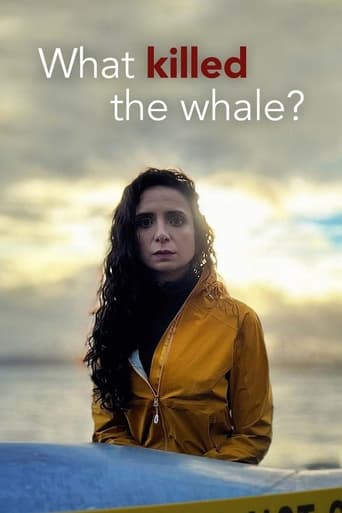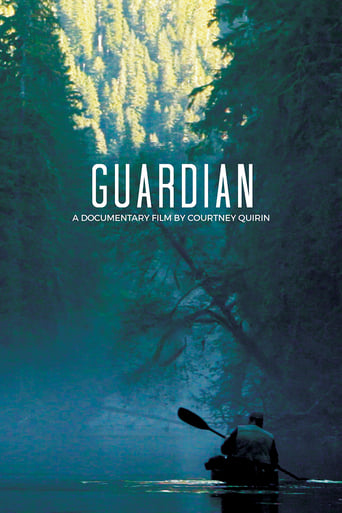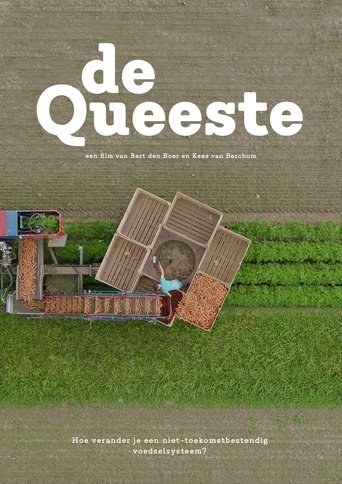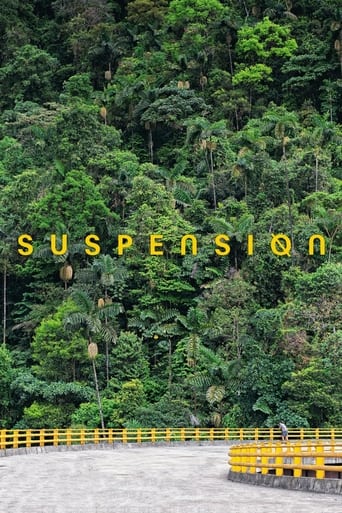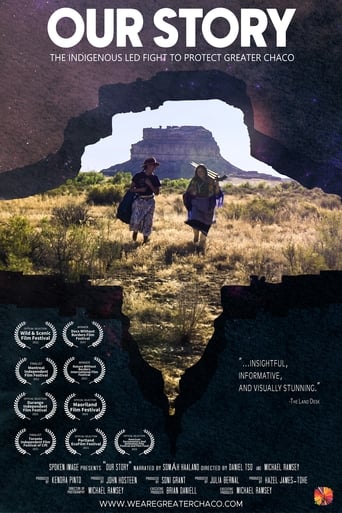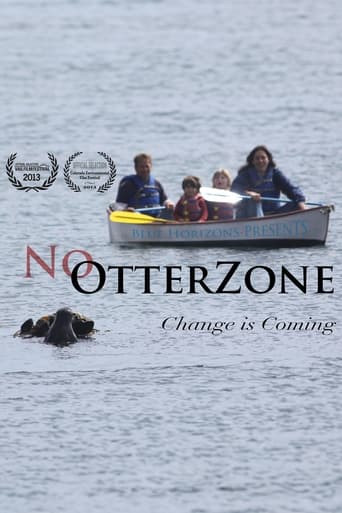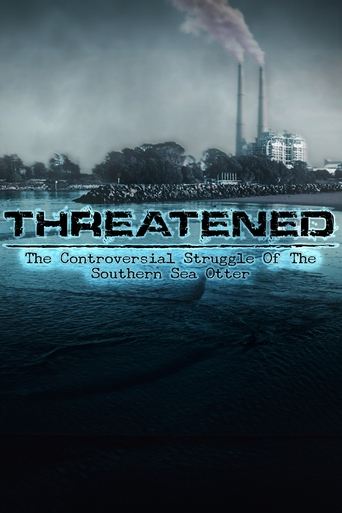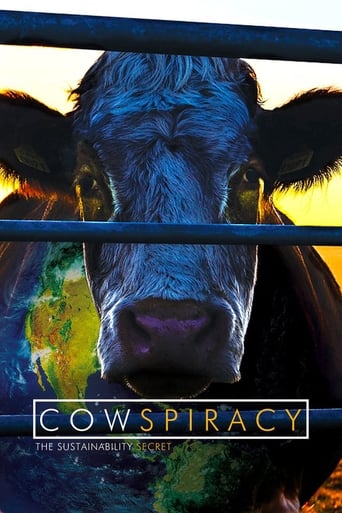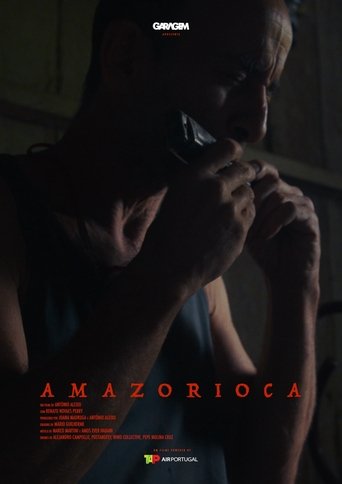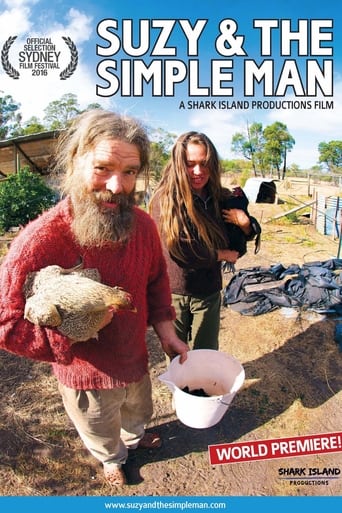
11 Jun 2016

Suzy & The Simple Man
SUZY & THE SIMPLE MAN is an environmental love story about sustainability and the cycle of life. Eight years in the making, this intimate, funny and uplifting film features Suzy and her adventurer husband Jon Muir who live a simple life off the grid — growing organic fruit and vegetables and caring for their chooks and sheep. But the simple life is never as easy as it seems. When all seems perfect something changes their world and life takes an unexpected turn. With bravery and conviction Suzy and Jon confront perhaps their greatest challenge yet, and consider taking the road less travelled. SUZY & THE SIMPLE MAN is a modest story with big questions at its heart: our relationship to each other, to nature and to other creatures, the care of the planet and ourselves, and confronting our own mortality.

